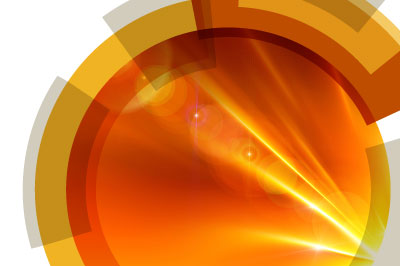Heterogeneous catalysis is a core area of contemporary physical chemistry posing major fundamental and conceptual challenges, and nanoparticles are pivotal components of many successful heterogeneous catalysts. For example, commercial Fischer Tropsch catalysts require supported cobalt nanoparticles that are 6 nm in diameter for optimal performance. Nanoparticles are ubiquitous in many heterogeneous catalysts and it is now opportune to focus a Faraday Discussion concerning key aspects of their synthesis characterisation and use.
This Faraday Discussion will explore the modern methods being used to design, synthesise and characterize nanoparticles and how these bridge across the disciplines of physical science and chemical engineering. The core aim of this discussion meeting is to develop a fundamental understanding of these crucial aspects of catalytic science, especially relating to nanoparticle synthesis and its use in catalytic reactions, knowledge of which is essential for the design of new catalysts.
This Discussion follows on from the very successful Faraday Discussion on Designing New Heterogeneous Catalysts that was held in London 4-6th April 2016. One of the topics that was set out as needing in depth discussion was the topic concerning catalysis using nanoparticles. This topic touches a myriad of aspects in the broad spectrum of catalysis research.
Format
The Faraday Division have been organising high impact Faraday Discussions in rapidly developing areas of the physical sciences, with a focus on physical chemistry and its interfaces with other scientific disciplines for over 100 yearsFaraday Discussions have a special format where research papers written by the speakers are distributed to all participants before the meeting, and most of the meeting is devoted to discussing the papers. Everyone contributes to the discussion - including presenting their own relevant research. The research papers and a record of the discussion are published in the journal Faraday Discussions.
Find out more about the Faraday Discussions in this video:
Themes
- Control of Catalytic Nanoparticle Synthesis
- The Challenges of Characterising Nanoparticulate Catalysts
- Theory as a drivingforce to understand reactions on nanoparticles
- Application of new nanoparticle structures as catalysts
Aims
This Faraday Discussion will bring together the catalysis community, including some of the most active and recognised experimentalists and theoreticians focusing on developing a fundamental understanding of catalytic science, especially relating to nanoparticle synthesis and its use in catalytic reactions, knowledge of which is essential for the design of new catalysts.
Useful links
- Designing New Heterogeneous Catalysts Faraday Discussion
- Frequently asked questions
- E issue of Discussion Volume
Downloads
- Draft Programme
- Pre Prints Session 1 - Theory as a driving force to understand reactions on nanoparticles
- Pre Prints Session 2 - The challenges of characterising nanoparticulate catalysts
- Pre Prints Session 3 - Control of catalytic nanoparticle synthesis
- Pre Prints Session 4 - Application of new nanoparticle structures as catalysts















